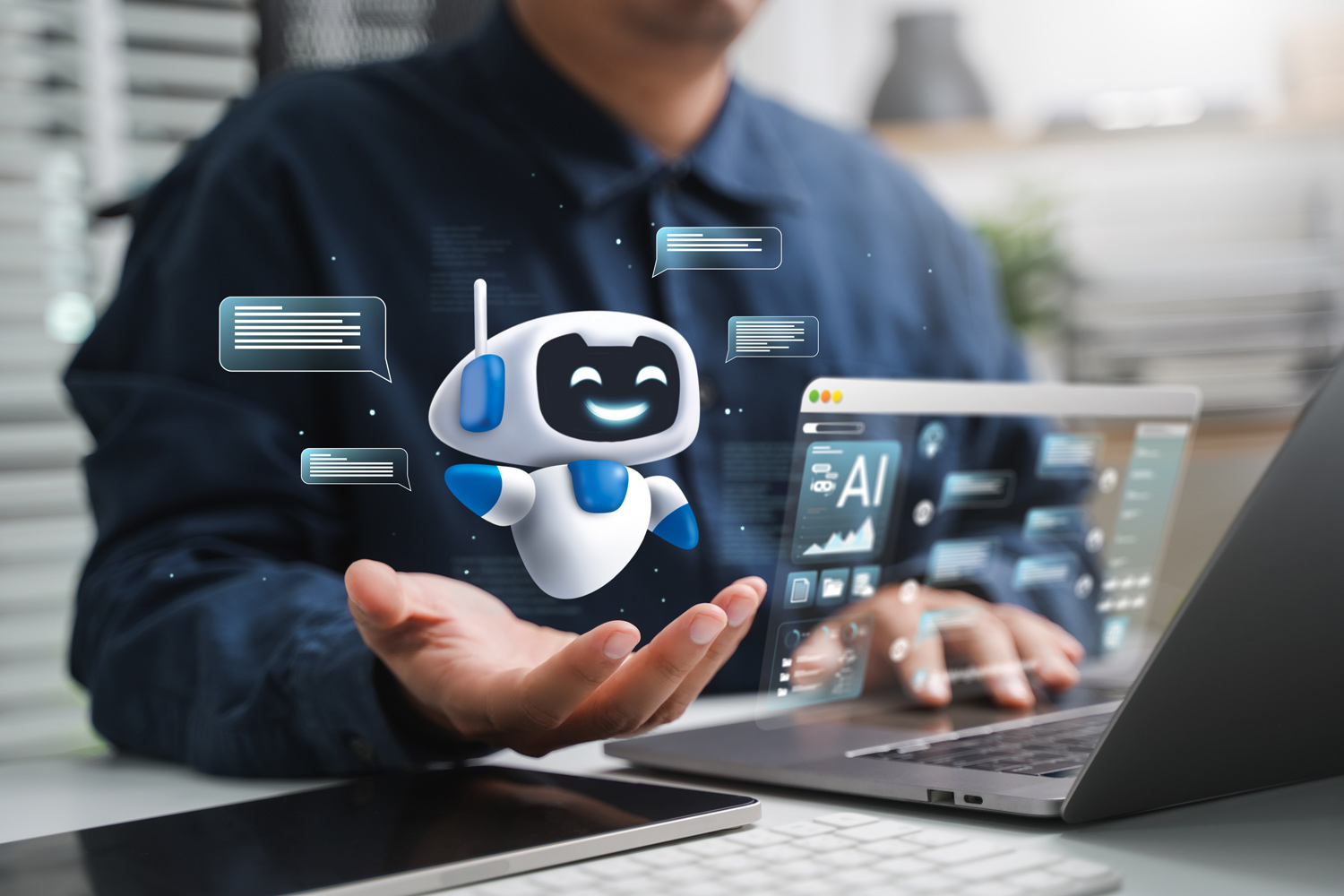
Artificial intelligence scientist Geoffrey Hinton, often referred to as the "Godfather of AI," is advocating for the implementation of a universal basic income (UBI) by the British government to address the repercussions of AI technology.
Understanding Universal Basic Income
- UBI is a social welfare system in which the government provides every citizen with a standard minimum income, unconditionally and on a regular basis, without pre-qualification.
- This concept aligns with the Marxist ideal of wealth redistribution and has garnered support from socialist figures like Sen. Bernie Sanders (I-VT).
Hinton's Concerns
- Hinton expressed his apprehension about AI replacing numerous mundane jobs and emphasized that without wealth redistribution, the benefits of AI would predominantly favor the affluent, neglecting those whose jobs are displaced.
- He emphasized the necessity of UBI, stating that failure to redistribute wealth equitably would have detrimental effects on society.
- Hinton disclosed that he advised officials at Downing Street on the merits of implementing UBI.
Tech Leaders' Support for UBI
- OpenAI CEO Sam Altman shares Hinton's concerns and has been a vocal proponent of UBI, citing his worries about the future of employment and the increasing role of AI in the workforce.
- Altman believes that providing people with money would lead to sound decision-making and allow the market to function effectively.
Criticisms and Speculations
- Critics have accused major tech figures, including Altman, of using the UBI agenda to consolidate technological power and create a potent technocracy.
- It has been suggested that tech giants aim to amass such influence that they dominate traditional businesses and drive American workers into unemployment, leveraging the tax revenue generated by AI companies to support UBI.
Elon Musk's Perspective
- Neuralink CEO Elon Musk also foresees the necessity of a form of income support if AI significantly diminishes human job opportunities.
- Musk has shifted his viewpoint from universal basic income to a "universal high income," envisioning it as a means to bring about greater economic equality.
The Tech Industry's Perspective on Universal Basic Income (UBI) and AI
The rise of artificial intelligence (AI) has sparked discussions within the tech industry about the potential impact on the labor market and the necessity of implementing universal basic income (UBI) to address the repercussions of AI on inequality.
Geoffrey Hinton's Advocacy for UBI
- Professor Geoffrey Hinton, a renowned computer scientist and pioneer of neural networks, has emphasized the need for UBI due to his concerns about AI displacing mundane jobs and exacerbating wealth inequality 1.
- Hinton's advocacy for UBI stems from his belief that the benefits of AI would predominantly favor the affluent, neglecting those whose jobs are displaced 1.
Support for UBI in the Age of AGI
- With the looming prospect of artificial general intelligence (AGI), experts in the tech industry are increasingly viewing UBI as a necessity rather than a far-fetched idea 2.
- The potential job displacement due to automation and AI has led experts to consider UBI as a means to provide a financial safety net for individuals affected by these technological advancements 2.
UBI as a Potential Solution
- As the tech industry looks ahead to a world dominated by AGI, UBI is being discussed as a potential solution to alleviate poverty, reduce inequality, and provide a cushion for those displaced by automation 3.
- The idea of UBI is seen as a means to decouple income from traditional employment, allowing individuals the freedom to pursue education, entrepreneurship, or creative endeavors without financial worries 3.
The push for universal basic income (UBI) in the age of AI presents several potential challenges from a technology perspective:
- Economic Viability: One of the primary challenges is the economic viability of implementing UBI. The cost of providing a standard minimum income to every citizen unconditionally would be substantial, and funding such a program could pose significant challenges for governments, especially in the context of rapidly advancing AI technology.
- Impact on Labor Dynamics: The widespread adoption of UBI could potentially impact the dynamics of the labor market. With a guaranteed minimum income, there may be concerns about people opting out of the workforce, leading to labor shortages in certain sectors and affecting overall productivity.
- Adaptation to Automation: As AI and automation continue to advance, the displacement of traditional jobs may accelerate, leading to a greater need for UBI. However, ensuring that individuals can adapt to new forms of employment or reskill to remain relevant in the workforce poses a significant challenge.
- Technological Displacement: The rapid evolution of AI and technological innovation may lead to the displacement of not only low-skilled jobs but also certain categories of skilled labor. This can create challenges in identifying the most effective ways to retrain or redeploy displaced workers.
- Social and Ethical Implications: Implementing UBI raises ethical and social questions related to the potential impact on individual motivation, work ethic, and the overall structure of society. There may be concerns about the long-term effects on societal dynamics and the fundamental nature of work.
- Regulatory and Policy Frameworks: Developing the necessary regulatory and policy frameworks to support the implementation of UBI in the context of AI and automation is a complex challenge. It requires careful consideration of tax structures, income distribution, and the overall impact on the economy.
Addressing these challenges requires a comprehensive understanding of the intersection between technology, economics, and societal dynamics. It also necessitates collaborative efforts between policymakers, industry leaders, and experts in AI and automation to ensure that UBI is implemented in a way that maximizes its benefits while mitigating potential drawbacks.
Implementing universal basic income (UBI) in the age of AI presents significant challenges from a technology perspective. These challenges include the economic viability of UBI, potential impacts on labor dynamics, adaptation to automation, technological displacement, social and ethical implications, and the development of regulatory and policy frameworks. Addressing these challenges requires a comprehensive understanding of the intersection between technology, economics, and societal dynamics, as well as collaborative efforts between policymakers, industry leaders, and AI experts to ensure that UBI is implemented effectively. Not to mention, a basic income system may have negative impacts on society due to several reasons:
- Work Disincentive: Providing a guaranteed income may reduce the incentive for individuals to seek employment, potentially leading to a decrease in workforce participation and productivity.
- Budgetary Constraints: Funding a basic income system could place a significant strain on government budgets, potentially resulting in increased taxation or cuts to essential services.
- Inflationary Pressures: The injection of additional income into the economy without a corresponding increase in goods and services may lead to inflation, impacting the purchasing power of the currency.
- Dependency: A basic income system may foster a culture of dependency, where individuals rely solely on government support rather than actively pursuing self-sufficiency and personal development.
- Market Distortions: The implementation of a basic income system could lead to distortions in labor markets and potentially impact wage levels and labor mobility.
- Social Stigma: There may be social stigmas associated with receiving a basic income, potentially affecting individual dignity and self-worth.
- Ethical Considerations: Some individuals may view a basic income system as inequitable, as it provides financial support to all citizens regardless of their economic circumstances or contributions to society.
- Unintended Consequences: The introduction of a basic income system may have unforeseen consequences on social structures, family dynamics, and community relationships.
These factors illustrate the potential negative impacts of implementing a basic income system on society, emphasizing the need for careful consideration of the broader societal implications.
The tech industry is increasingly recognizing the potential impact of AI, particularly AGI, on the labor market and is considering UBI as a potential solution to address the challenges posed by automation and job displacement. However, implementing UBI in the age of AI presents significant challenges from a technology perspective, including economic viability, impacts on labor dynamics, adaptation to automation, technological displacement, social and ethical implications, and the development of regulatory and policy frameworks. These challenges require collaborative efforts between policymakers, industry leaders, and AI experts to ensure effective implementation. Additionally, implementing a basic income system may have negative impacts on society due to reasons such as work disincentives, budgetary constraints, inflationary pressures, dependency, market distortions, social stigmas, ethical considerations, and unintended consequences, highlighting the need for careful consideration of broader societal implications.
Lot's to chew on.
Read More
Additional blog posts





